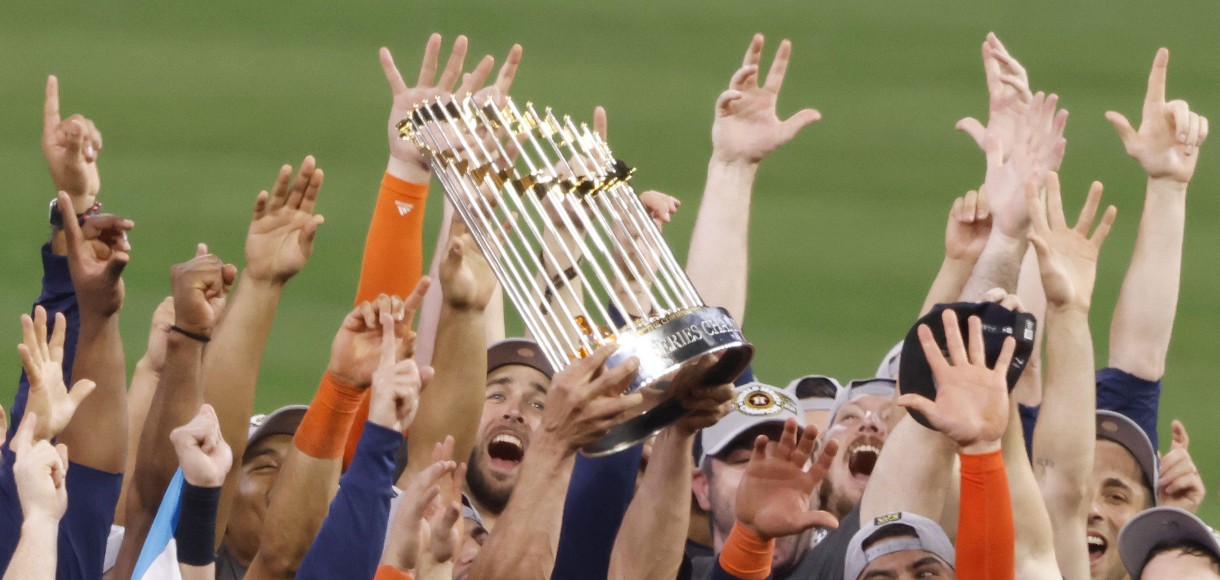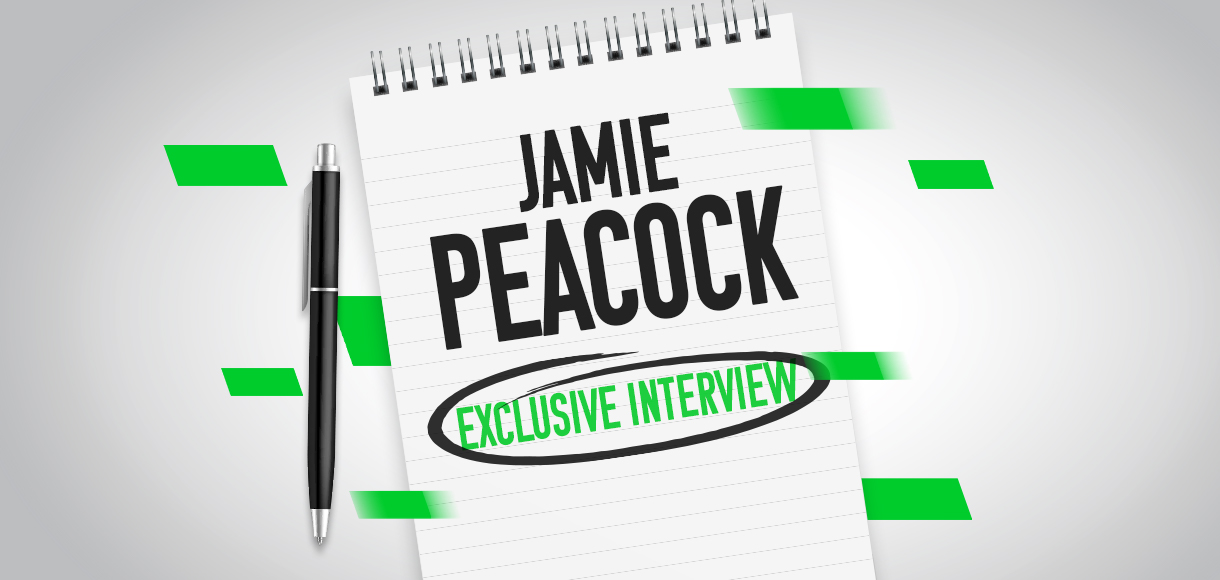5 famous athletes who switched sports before Conor McGregor
The Irish MMA-fighter-turned-boxer is not the first sportsman to try his hand at a new discipline...
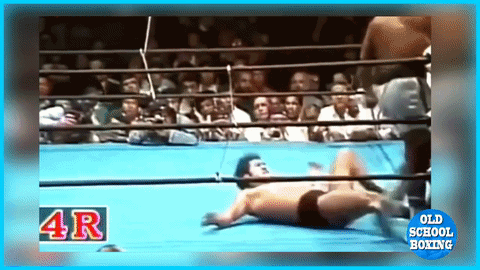
Muhammad Ali
McGregor v Mayweather won’t be the first high-profile meeting of a world-class boxer and a mixed martial artist.
That was in 1976, when Ali – the WBA, WBC and The Ring heavyweight champion at the time – stepped into the ring with professional wrestler Inoki.
This was no boxing match, though.
It was first intended to be a fixed fight, with Inoki winning with a head kick when the referee’s back was turned, but then became a real contest with a bizarre set of rules.
The Japanese wrestler was banned from kicking unless he had one knee on the canvas, so he quickly dropped to his back in the first round and swung his feet at Ali’s shins.
That went on, and on, and on for the majority of a 15-round draw.
Ali suffered blood clots in his legs from the punishment he received, afflictions that affected him for the remainder of his career.
Let’s hope the fight on 26 August is more of a success.
Michael Jordan

If America’s top athlete leaving his sport at the peak of his powers seems strange, that’s because it was.
Jordan was the best player in basketball and a three-time NBA champion when he left to play baseball in 1993, citing a loss of love for the game.
He signed with the Chicago White Sox and joined minor league affiliate the Birmingham Barons, and received plenty of criticism for even thinking he could walk into a new sport and succeed.
The backlash was unfair, given that Jordan was playing baseball to fulfil the dream of his father, who was murdered earlier that year.
“No matter what criticism I’ve received, that does not cover the hole of losing my father,” he said. “I think doing this will cover that hole.”
Jordan struggled at first, but eventually made massive improvements and started hitting home runs and stealing bases.
That he made his time in baseball a success before winning three more NBA titles is a testament to just how relentless a competitor he was.
Victoria Pendleton

What Pendleton has achieved since she swapped her bike for a horse is remarkable.
The former sprint cyclist – one of the most successful in British Olympic history – announced her decision to become a jockey in March 2015.
She aimed to take part in the Foxhunter Chase at Cheltenham, and did so on Pacha du Polder – the horse upon which she won her first race – almost exactly a year later.
The 36-year-old not only fulfilled her ambition, but also achieved a decent result having remained at the back of the field for the first mile before coming through to take fifth.
She called it her greatest achievement, which, for a two-time Olympic gold medallist, was saying something.
Jesse Owens
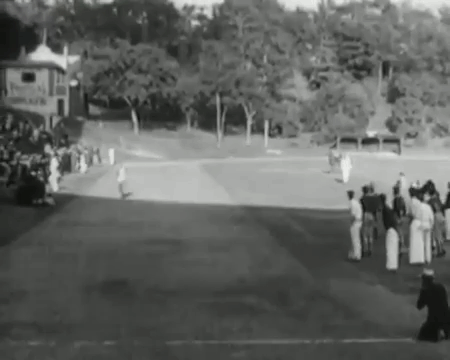
While Pendleton raced horses, Owens actually raced horses.
The athletics legend – who won an unprecedented four gold medals at the 1936 Olmpic Games in Berlin, a remarkable feat for an African American in Nazi Germany – saw his career cut short after a dispute with the his country’s athletic officials.
He turned down an event in Sweden to capitalise on some lucrative commercial opportunities at home, and had his amateur status revoked as a result.
Suddenly a man without a sport, Owens saw his offers disappear and took part in several exhibition events – against horses, motorbikes and dogs, for example – as a means of garnering some income.
Owens himself admitted in later years that it was degrading for such a celebrated athlete to have to take part in the gimmick events.
“Those races made me sick,” he said, “I felt like a freak.”
Dwain Chambers
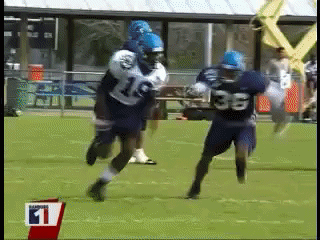
Like Owens, Chambers was a sprinter who was forced to look for a new sport – in this case because of a failed drug test in 2003.
The Englishman had never been an Olympic champion, though, and, frankly, no one wanted to see him race against animals.
The disgraced Londoner tried out – unsuccessfully – for NFL team the San Francisco 49ers and bounced around the reality TV scene, with his popularity hitting an all-time low when he was voted off Cirque du Celebrite.
He landed a job with the Hamburg Sea Devils in 2007 but was again unemployed when the NFL shut down their European league just three months later, and a trial with Super League side Castleford also ended with no contract offered.
Chambers returned to athletics and enjoyed some success at European and Indoor level, but never became the star he could’ve been in the early 2000s.
He only really has himself to blame for that.











